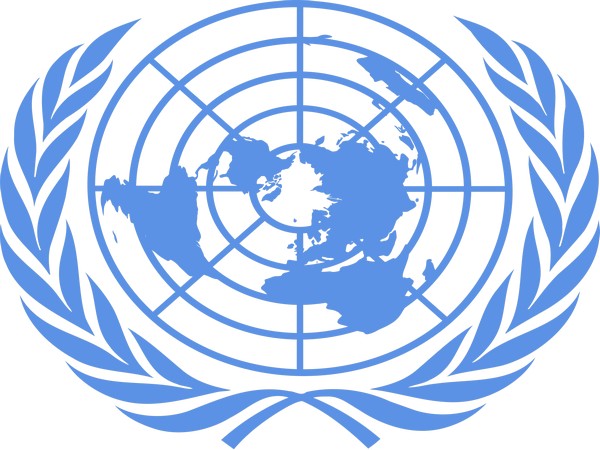Gilgit Baltistan: In a letter to the United Nations Human Rights Commission (UNHRC), an activist from Gilgit-Baltistan (G-B) questioned why the recent report on human rights in Jammu and Kashmir lacked a detailed study on Gilgit-Baltistan.
Activist Sher Nadir Shahi, who is currently based in another country, said that he would like Zeid bin Ra’ad al-Hussein, the current United Nations High Commissioner for Human Rights, to pay attention to human rights violations in Pakistan-administered Gilgit-Baltistan.
From forceful occupation on native lands to slapping sedition charges on anyone who dares to raise a voice against Islamabad, the letter details the hardship people are subjected to in G-B.
While stating that several activists have been arrested under Schedule-IV of ATA (Anti Terrorism Act), he said that “hundreds of activists have been confined to their houses and cannot move without permission of local police and administration. They are not allowed to participate in political gatherings and cannot protest for their rights.”
He added that the injustice in the region cannot be highlighted for public opinion and consciousness.
Sharing the daily ordeal, Shahi said literature and fiction books, too, are banned in the region, adding that two students were sentenced to two years in prison for sending and receiving the aforementioned items.
Speaking about press freedom, the activist said that while electronic media did not exist in Gilgit-Baltistan, the print media acted as government mouthpieces.
“(The) Media cannot highlight the genuine issues particularly the real voice of indigenous nationalists and progressive movements who are demanding independence and their rights according to United Nation Resolutions. Local media propagate fake news and statements of Government officials and establishment and do not give space to indigenous local voices. Through local media government agencies do propaganda against local people particularly nationalists,” the letter read.
Apart from the systematic suppression of ingenious voices, journalists are often subjected to torture and are faced with sedition charges for writing pieces critical of the government. He said that journalist Shabbir Siham, who is facing “terrorism” charges, had actually written a piece highlighting the issue of women trafficking here.
Apart from the aforementioned problems, people in the region also struggle to access basic amenities like healthcare and education.
“There are no quality government hospitals and health facilities in Gilgit-Baltistan. Hundreds of pregnant women die during delivery. There is no gynaecologists and mechanism in hospitals. People go to private hospitals for health facilities. Poor people do not have access to free health in the region,” the letter highlighted.
Education, too, has taken a beating as the region boasts of just one university against a population of two million people.
“Education is the basic need of every citizen of the state, but unluckily, there is only one university namely Karakuram International University (KIU) for more than two million people of Pakistan-administered Gilgit-Baltistan,” said Shahi.
Furthermore, the activist accused the government of cheating his people through the imposition of the new Gilgit-Baltistan Order 2018.
“The opposition of Gilgit-Baltistan, civil society, nationalist parties, progressive parties and all people of G-B rejected this order 2018 and demonstrated all over the region against it,” he said.
He also stated that the region, which is situated in the north of Pakistan, had been occupied by the country illegally since November 16, 1947, shortly after its formation. Sixteen years later, in 1963, some of its part, namely Shaksgam, was illegally occupied by China. The acquisition was allegedly completed with the consent of Pakistan.
“Our people started an independence movement in 1970. In 1988, at the behest of military dictator General Zia Ul Haq regime, a huge massacre took place in village Jalalabad near Gilgit. This was genocide and thousands of native people have been killed and kidnapped by Pakistani militants. As a result of such atrocities our people restarted the freedom movement against Pakistan in 1988,” the activist wrote.
“Our movement workers and leaders have been arrested, brutally tortured by Pakistani secret agencies and sent to different jails of Gilgit Baltistan. Due to our long struggle of political awareness, now our people knew that they are, in fact, slaves of Pakistan have been deprived of their basic rights, Pakistan is a trespasser, infiltrated by one pretext or the other, hence, snatched our land.”
He also stated that the China Pakistan Economic Corridor (CPEC) was in violation of the United Nations Commission for India and Pakistan (UNCIP) resolutions as well as international law.
“Pakistan and China have no right to make roads or any work in our region without our consent. Both the countries are usurpers and trespassers, but there is no one to ask them or prevent them to do so. We seek the help of UNO, EU, and international human rights organisations to come forward and support our stance and freedom struggle,” he said in the letter. (ANI)

